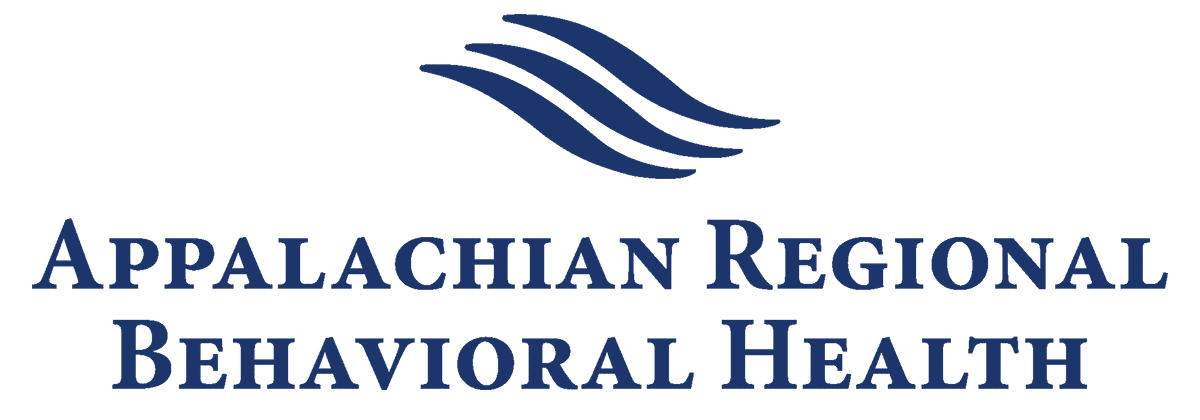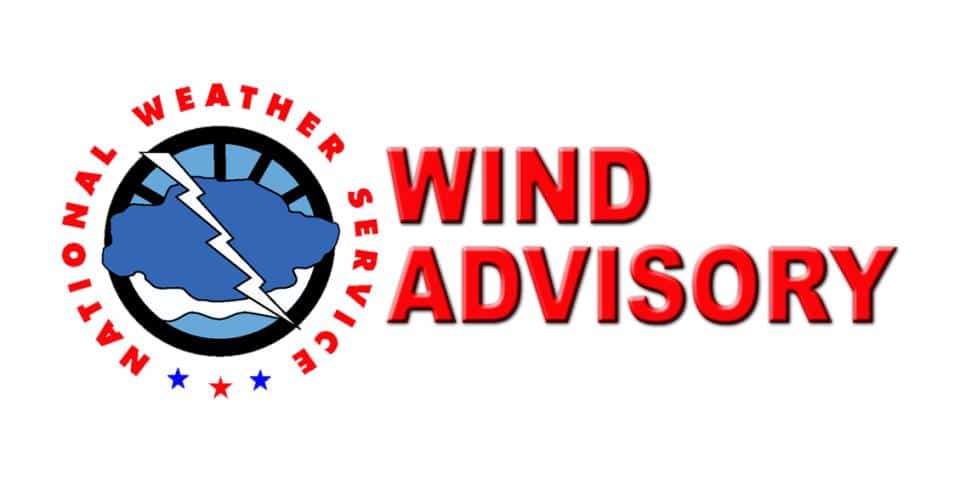
Last Updated on May 25, 2021 9:23 am
Boone, NC – One in four American adults are affected by a mental illness each year (source), yet only about half of those people are treated for it. Significant barriers include shortage of mental health (also called behavioral health) professionals and access to care. Other obstacles include fear of embarrassment, affordability, lack of transportation, and apathy (source).
Appalachian Regional Healthcare System is working to mitigate the shortage of resources with the opening of a free-standing 27-bed psychiatric hospital in the fall of 2021. The Appalachian Regional Behavioral Health Hospital will accept adults ages 18-64 by referral or walk-in.
The Appalachian Regional Behavioral Health (ARBH) team of therapists and providers offer multiple resources for treating mild to severe mental health disorders in the High Country. Outpatient Behavioral Health is located inside Sloop Medical Office Plaza in Linville, and inpatient treatment is currently located within Cannon Memorial Hospital. However, navigating the steps to get help is sometimes intimidating and overwhelming for someone who is already struggling. It can also be frustrating and may seem hopeless for loved ones trying to help.
When and how to get help
Eva Trivett-Clark, ARBH Program Manager, shares guidance for those concerned they or a loved one may be suffering from a mental health condition. “A general rule of thumb [for symptoms] is any noticeable increase or decrease in behaviors, thoughts or feelings,” Trivett-Clark said. “An increase in behavior might include talking rapidly, pacing or sleeping too much. A decrease in typical behavior may include such things as withdrawal from family and friends, sleeping too little or feelings of helplessness and hopelessness. Any suicidal thoughts, plans or behaviors should be evaluated immediately by calling 911 or going to the local Emergency Department (ED).”
In crisis situations, the ARBH team offers crisis stabilization and disposition for patients presenting at the Emergency Department. From that point, an evaluation will determine the next steps for treatment, which could include a admittance to a psychiatric hospital if needed. When the new psychiatric inpatient hospital opens, patients in crisis will be able to come directly to the hospital for evaluation.
Currently, there are 10 inpatient beds available (in a 40-mile radius) at Cannon Memorial Hospital’s Behavioral Health Unit. This unit treats adults with more acute symptoms. There, patients can begin recovering and rebuilding in a safe, controlled environment that is fully equipped to provide psychiatric evaluation, medication management, individualized treatment planning and group therapy.
For less severe symptoms, getting help is as simple as calling ARBH at (828) 737-7888 or requesting an appointment online at apprhs.org/appointment. No referral is needed. Completing the depression screening tool, available at apprhs.org/phq, is often a good place to start in determining whether one needs help.
Although, the wait time to meet an outpatient therapist for talk therapy could be up to four to six weeks, telehealth appointments are available. This behavioral health program is designed to meet the needs of adults, children and families experiencing a variety of problematic behaviors, thoughts and life patterns.
While reaching out for help may seem like a big step for some, perhaps the hardest task is convincing a reluctant loved one (particularly one who is an adult) that they need professional help. Sometimes listening, validating and asking questions are sufficient, but If they have harmed themselves or someone else, or they are likely to do so, they should be taken to the Emergency Department or 911 should be called.
The truth is everyone struggles sometimes. Whether mental health illnesses come from genetics, personality, life events or brain chemistry, it’s important to know that it’s ok to not be ok. Most mental illnesses don’t improve on their own, and if untreated, may worsen over time and cause serious problems. Professionals at ARBH are ready to help.
Visit https://apprhs.org/behavioralhealth/ or call (828) 737-7888 for more information about Appalachian Regional Behavioral Health Services.
View and/or download the Depression Screening Questionnaire at apprhs.org/phq.


















